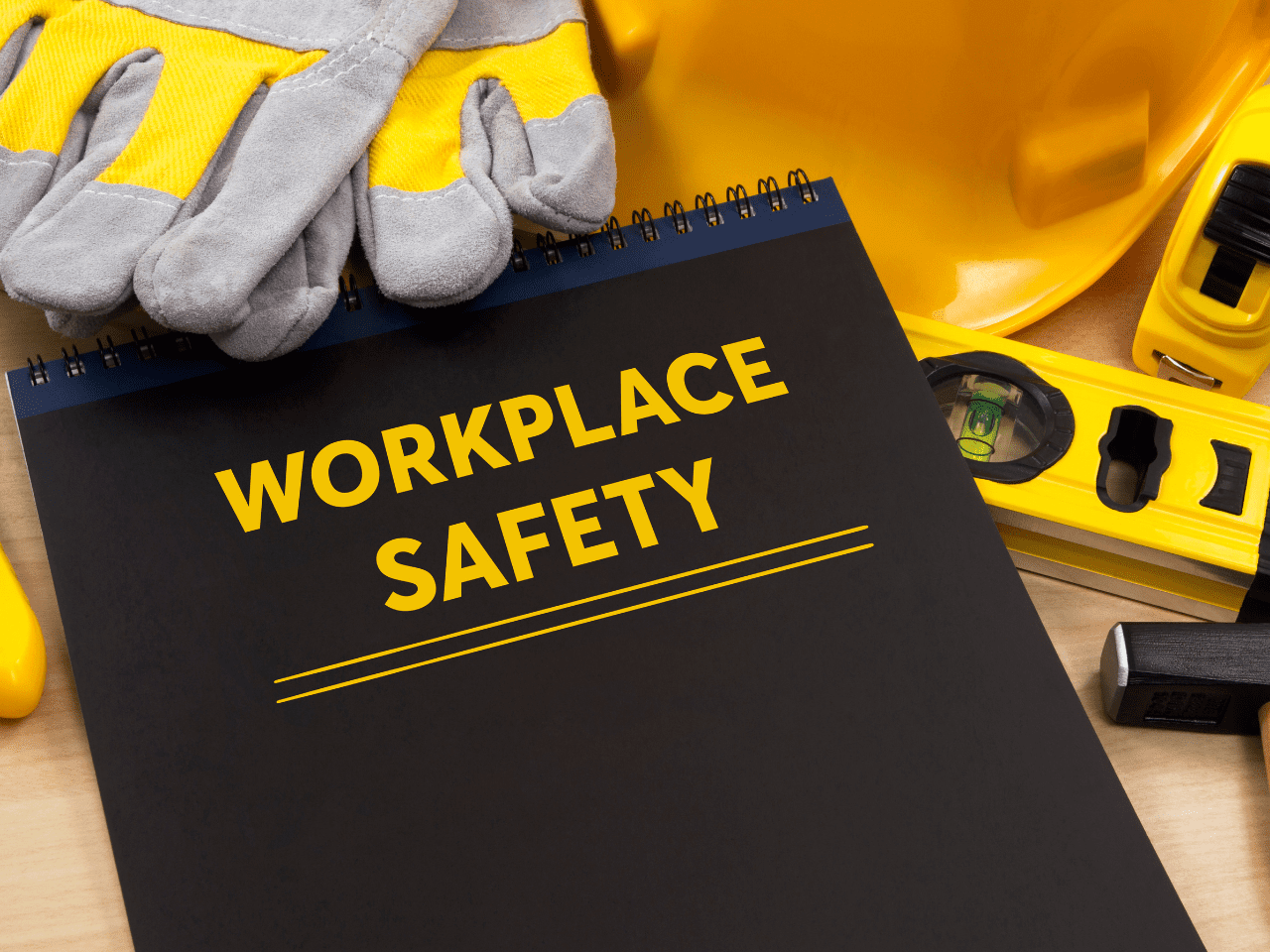Each year, UK Anti-Slavery Day shines a light on the ongoing fight against modern slavery, a crime that continues to affect millions of people worldwide and thousands here in the UK.
As the UK marks 15 years since the introduction of the Anti-Slavery Act in 2010, the day serves as a reminder to governments, communities, and businesses alike to take meaningful steps toward ending exploitation.
Modern Slavery in Numbers
Recent data from the UK’s National Referral Mechanism indicates that around 10,000 people are currently recognised as victims of modern slavery. Yet, the true number is likely far higher — with estimates ranging between 122,000 and 130,000 people living in exploitative conditions across the UK. Globally, the picture is even more concerning, with 50 million people thought to be trapped in modern slavery and 28 million in forced labour.
Global Momentum for Change
There are, however, signs of progress. Governments across the world are strengthening laws and introducing mandatory human rights due diligence to hold businesses accountable for how they manage labour risks within their supply chains. Countries such as New Zealand, Thailand, Canada, and members of the European Union are advancing legislation that requires greater transparency and action from companies.
In the UK, the Joint Committee on Human Rights has also issued new recommendations to tighten the Modern Slavery Act, reinforcing the importance of tackling forced labour in global supply chains.
Supporting Ethical and Transparent Supply Chains
As global supply chain risk management experts, Achilles works with businesses across industries from construction and renewables to maritime and fishing, to help identify and address signs of exploitation. Through on-the-ground assessments and supplier due diligence, Achilles supports organisations in building safer, fairer, and more ethical supply chains.
Turning Awareness into Action
The year 2025 marks 15 years since the UK Anti-Slavery Act and 10 years since the Modern Slavery Act. These are milestones that reflect both progress and the continuing need for vigilance.
Individuals can play a part by learning how to spot the signs of modern slavery. Our partners at Unseen have developed practical guidance to help identify and report potential cases of exploitation. For businesses, the OECD Guidelines for Due Diligence in Responsible Business Conduct offer a strong framework for building systems that prevent and mitigate human rights risks across operations and value chains.
Take a Step This Anti-Slavery Day
This Anti-Slavery Day, take a few minutes to learn more about modern slavery and what you can do to help. Whether through awareness, collaboration, or stronger business practices, every action brings us closer to eradicating exploitation, together.



